Teenagers love selfies. The phenomenon grew to new heights in 2013 when the Oxford Dictionaries declared selfie to be the word of the year. According to Oxford a selfie is, “a photograph that one has taken of oneself, typically one taken with a smartphone or webcam and uploaded to a social media website.” A Pew Research Center poll found that 55 percent of millennials have posted a “selfie” on a social media site, and people of other ages are much less likely to do so. The popularity of the selfie feeds into the narrative that the millennial generation is conceited and does not value privacy. In truth millennials have a range of views on privacy.
The Selfie Takers and the Privacy Protectors
Teenagers appear to breakdown into two groups: those concerned with privacy and those comfortable sharing personal information on the web. Millennials are split on using web services with targeted ads. 46 percent thought it was, “was a fair exchange for free services” and 47 percent thought it was, “an unjustified use of private information.” Only one third of the adults overall expressed a willingness to make this trade.
Most teens (71 percent) that have cell phones are using apps. Some of the young people in that group are taking steps to secure their personal information. Of that group 51 percent reported a choice to not install a cell phone or tablet app because they found out it would share personal information. Some millennials went even further to prevent sharing information about their location. 46 percent responded they turned off the location tracking feature on their cell phone or in an app because they were worried about other people or companies being able to access that information. A smaller group was proactive about privacy protection. 26 percent of respondents uninstalled an app on their cell phone or tablet because they found out it was collecting personal information that they didn’t want to share.
Turning Off Location Tracking Features
Helping People to Protect Themselves
Teens and parents concerned about unintended consequences relating to data sharing could benefit from policies that provide them with new privacy protection tools. Do-Not-Track Online Act of 2013 would require the creation of an “eraser button” that would let children or their parents eliminate publicly available information. It also establishes additional protections against collecting personal or geolocation data from children and minors. The number of teenagers using cell phones will only continue to rise. Given serious concerns about privacy and cybersecurity, providing young adults with the ability to opt out of apps and delete their information has merit.
Emily Feldmesser contributed to this post.
The Brookings Institution is committed to quality, independence, and impact.
We are supported by a diverse array of funders. In line with our values and policies, each Brookings publication represents the sole views of its author(s).


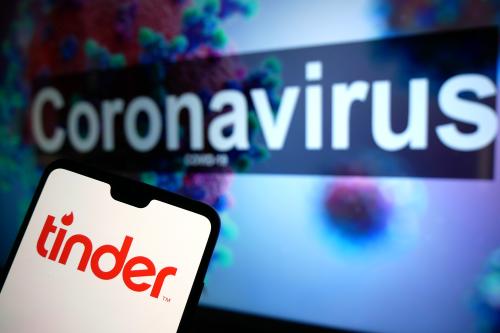
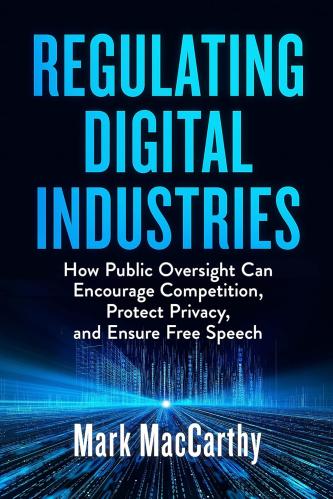
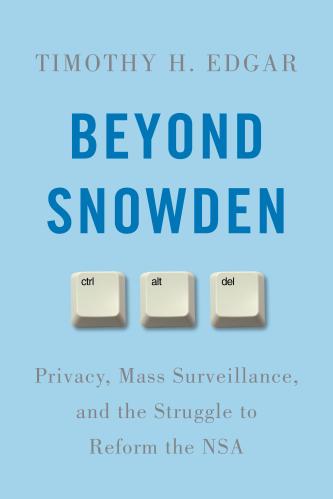
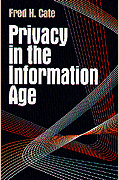




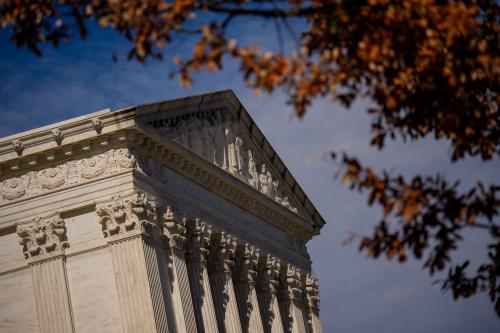
Commentary
A Privacy Paradox: Do Selfie Taking Teens Care about Privacy?
December 3, 2014